
This long-term record of patients with cancer found that almost half of those who were newly diagnosed proceeded to fertility preservation and returned for follow-up within 21 months of cancer treatment.

Your AI-Trained Oncology Knowledge Connection!


This long-term record of patients with cancer found that almost half of those who were newly diagnosed proceeded to fertility preservation and returned for follow-up within 21 months of cancer treatment.

The National Comprehensive Cancer Network published a document intended for patients to understand how CAR-T cells work and what side effects are associated with the treatment.

The board-certified gastroenterologist discussed the lack of screenings being conducted due to the COVID-19 pandemic, and how many physicians have tried to circumvent this issue.
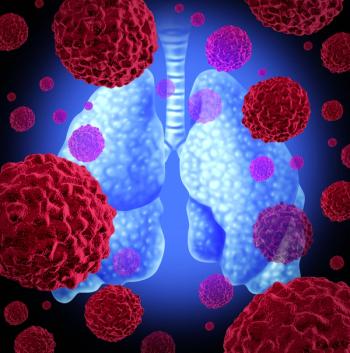
The deep learning survival neural network model demonstrated the potential to provide personalized treatment recommendations based on real clinical data in patients with non-small cell lung cancer.

This study found that smoking was associated with an increased risk of gastric cancer incidence and mortality, while not drinking was correlated with a stronger beneficial effect of garlic supplementation on gastric cancer prevention.

In the newest episode of Oncology Peer Review On-The-Go, CancerNetwork speaks with Xu Ji, PhD, MSPH, of the Winship Cancer Institute about her research on the topic of adult cancer survivorship and mental health.

The MSK expert discussed what pre- and post-test online education consists of in testing for the Ashkenazi Jewish BRCA mutations in the US healthcare system.

In this multi-institutional study, regorafenib demonstrated modest clinical efficacy in heavily pretreated patients with biliary tract cancer.

The expert oncologist spoke about the conclusions drawn from the COVID-19 and Cancer Consortium, as well as the importance of prognostic biomarkers.
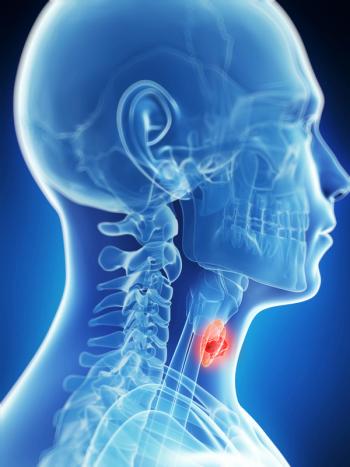
This study demonstrated a possible advantage in overall survival for patients taking NSAIDs during chemoradiation for head and neck squamous cell carcinoma.

The tool was shown to be a reliable and accurate tool for measuring patient-reported financial toxicity in patients with head and neck cancer.

A study published in Cancer found that potentially avoidable hospitalizations for veterans with cancer who received chemotherapy through Medicare were more likely compared to those who received chemotherapy through the Veterans Health Administration.

The expert from the CUNY School of Medicine spoke about a recent study which indicated that Hispanic adults trust a wide variety of health information sources, suggesting the need for targeted information.

The dose escalation and expansion study is evaluating the safety and tolerability of ONCR-177 in patients with cancer and determining the recommended phase 2 dose.
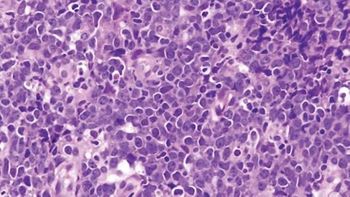
Researchers were able to establish possible mechanisms that may contribute to racial differences in incidence, patterns of presentation, and survival in patients with DLBCL with African ancestry.
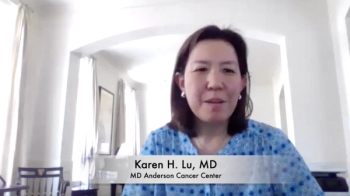
The MD Anderson Cancer Center expert spoke about the key takeaways from a trial designed to test whether pre and/or post-test genetic counseling is needed to optimally deliver online accessible genetic testing.

Researchers in Canada launched a phase 3 trial of IMM-101, titled CCTG IC.8, with the hope of strengthening the immune system of patients with cancer.

Data from an abstract presented at the 2020 ASCO Virtual Scientific Program found that in-person visits at the University of Washington Urology Clinic were more time consuming and expensive for out-of-state patients and patients living in rural areas than telemedicine visits.

The committee voted 12-0 in favor of the demonstrated benefit of belantamab mafodotin as monotherapy outweighing the risks for patients with relapsed or refractory multiple myeloma who have received at least 4 prior therapies.
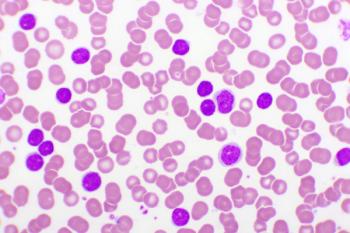
FACT-Leu was found to be a suitable outcome measure for patients not eligible for intensive therapy in acute myeloid leukemia clinical trials.
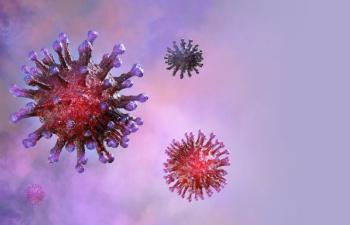
A study of patients with cancer suspected of having COVID-19 indicated that the death rate at 30 days after diagnosis is high, both in patients with and without documented SARS-CoV-2 infection on RT-PCR.
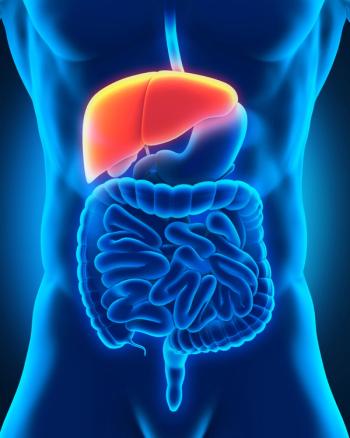
The co-leader of the NCI Center for Cancer Research Liver Cancer Program discussed the clinical utility of the blood test and how it could potentially change liver cancer diagnoses moving forward.

Researchers examined the effectiveness of telehealth in addressing rural-urban disparities in cancer care by establishing and analyzing synaptic knowledge networks presented at the 2020 ASCO Virtual Scientific Program.
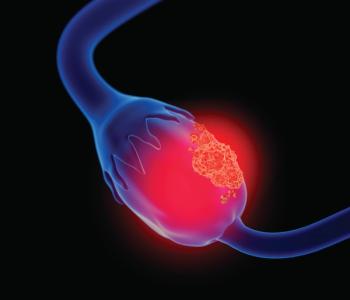
The study showed that the addition of atezolizumab to bevacizumab, paclitaxel, and carboplatin as a front-line treatment in women with newly diagnosed advanced stage ovarian cancer did not meet its primary endpoint of progression-free survival.
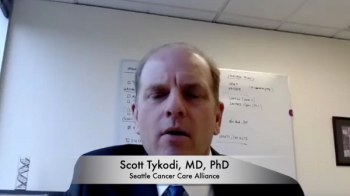
The Seattle Cancer Care Alliance Expert offered background on cohort A of the KEYNOTE-427 trial.
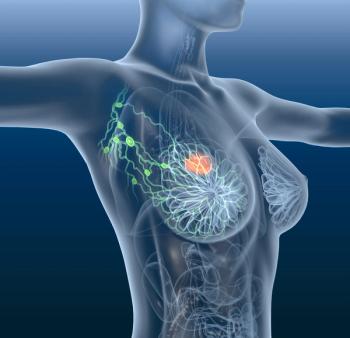
The study results confirmed that the triple-negative breast cancers emergence among young compared with elderly patients can be completely different entities.
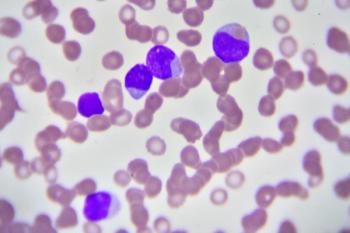
Researchers suggested that the use of the oral agent over a prolonged period of time should now be considered part of the overall treatment plan in acute promyelocytic leukemia.
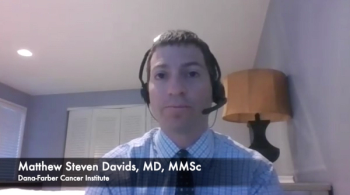
The chronic lymphocytic leukemia expert spoke about the possible use of venetoclax plus dose-adjusted R-EPOCH in various hematologic patient populations.
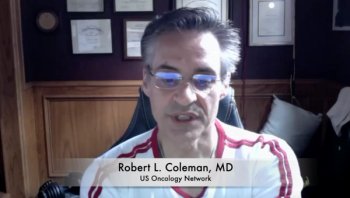
The expert discussed study methods from the NRG Oncology/Gynecologic Oncology Group (GOG) study presented at the 2020 ASCO Virtual Program.

Findings suggested that conventional mammography screening performance metrics underestimate the interval cancer rate of a mammography screening episode.